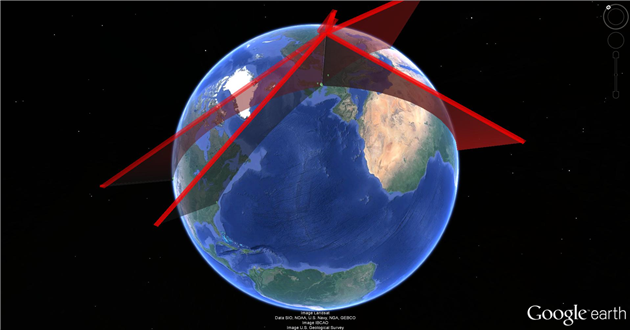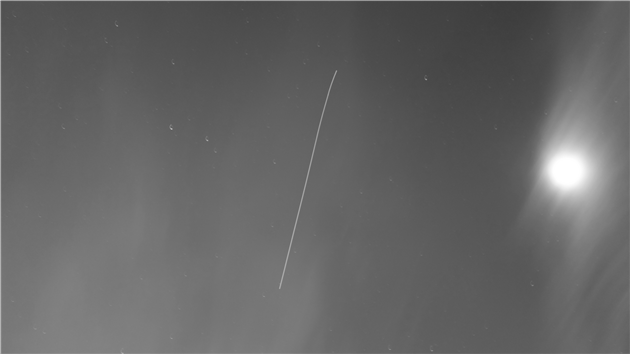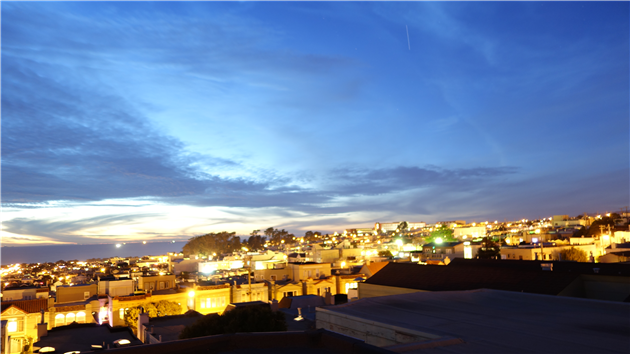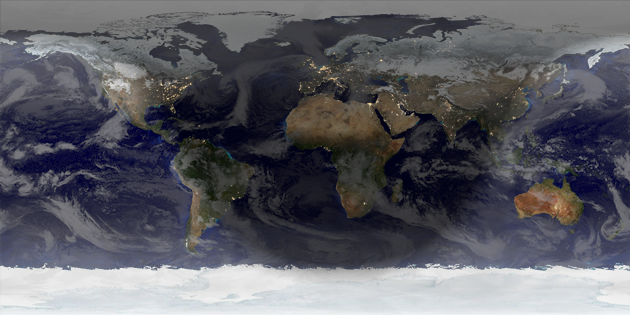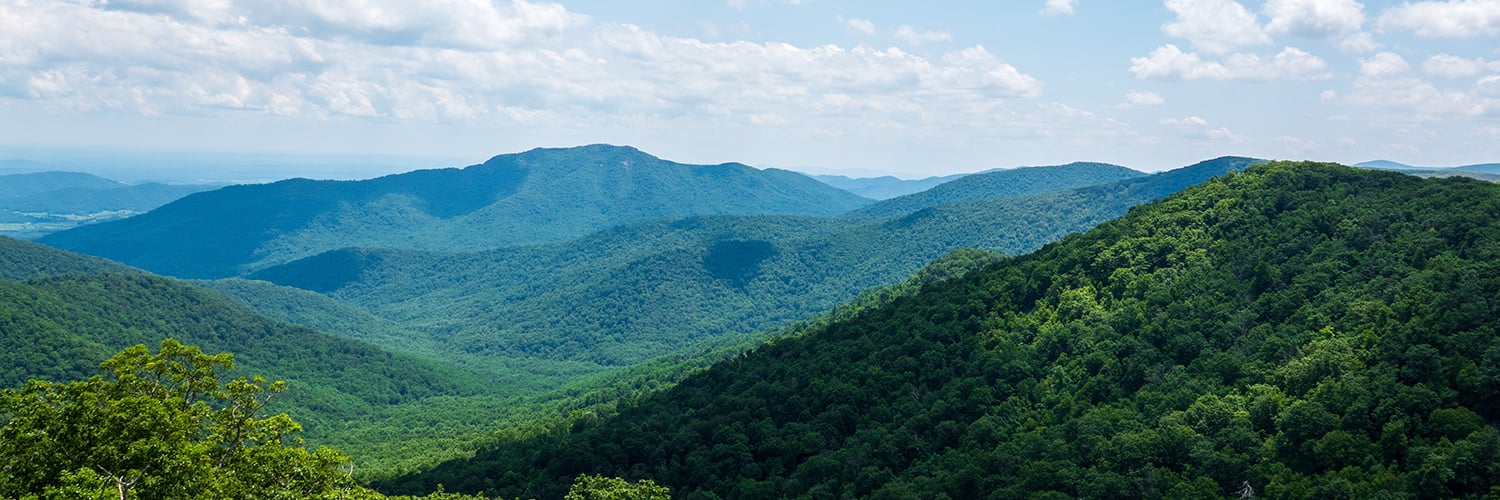Book reviews for January 2015
Odyssey One (Odyssey One, #1) by Evan C. Currie
1/5
Stopped reading after a couple of chapters. It's excruciable. Cliched, lazy, boring and self-contradictory. The most charitable thing I can say is that it might get better after I gave up (but I doubt it).
Everything I Never Told You by Celeste Ng
3/5
Depressing novel about a dead girl. It's very well written but left me a bit cold. Unhappy families may be unhappy in their own way but that doesn't necessarily make them interesting.
The Girl with All the Gifts by M.R. Carey
4/5
Not particularly into zombie fiction but this is great - different perspective, interesting plot and a stunning ending.




